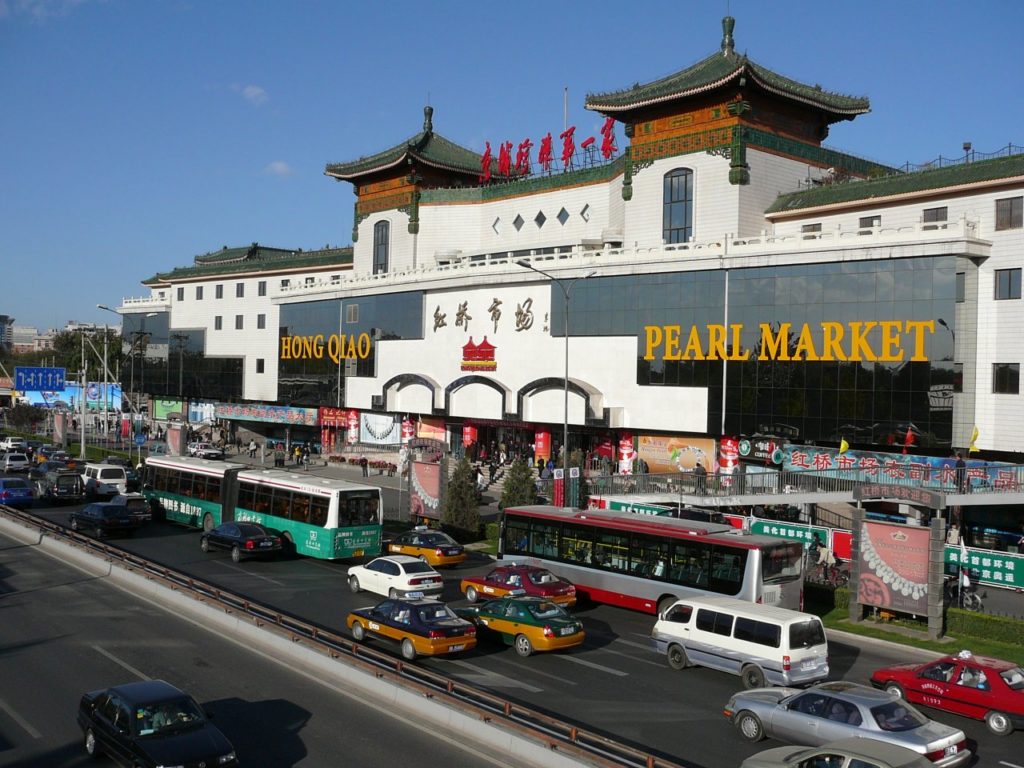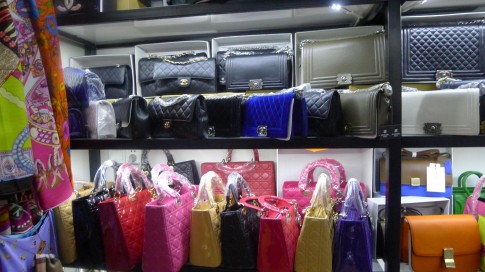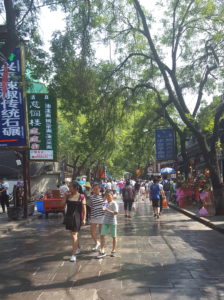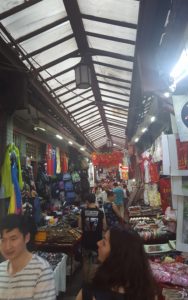Reflecting back upon my language learning experience in China, the rate at which we learned was astonishing. While abroad, every day was spend fully immersed in the Chinese language, so that even when class was not in session our opportunities to practice our language skills were abundant. By using these opportunities to talk with locals and learn more about their way of life, myself and my classmate were able to better integrate ourselves into the culture of China. There were certainly incidences in which Chinese culture seemed strange or backwards to me, but I always tried to enter a situation with an open mind. Beyond gaining exposure to an unforgettable number of experiences, my time in China allowed my Chinese ability to improve by leaps and bounds. My fluency has reached greater heights and after my time in China I can easily discuss complex social topics. Overall, my Chinese improvement exceeded what I imagined possible.
I am exceedingly grateful to have had the opportunity to travel to China and continue to learn a language that I am exceedingly passionate about. Perhaps the greatest effect that this program had was teaching me to not be afraid and push outside of my comfort zone. Everyday I was faced with challenges and new experiences that I could have easily ignored, but I chose not to and as a result created some of the best memories in my life. To anyone even thinking about applying for an SLA grant, I urge you to do it. As cliche as it sounds, study abroad truly does change your life. Everyday should be treated as an adventure, a chance to go out and experience something amazing. Study abroad opportunities should be cherished as some of the best parts of your youth.
Now that I have arrived back at Notre Dame, I will continue to take Chinese classes each semester to maintain and continue to improve my proficiency. Beyond just continuing to learn in the classroom, I hope to someday get an internship or even a job in China. Since high school my future career and Chinese have been intertwined, something that I do not see changing anytime soon. It is my wish to continue my Chinese language education for the rest of my life. Until I can reach those aspirations however, I’ll continue to practice Chinese with my friends and siblings. My return from China does not signal the ending of my Chinese education, merely the beginning of a new chapter.










